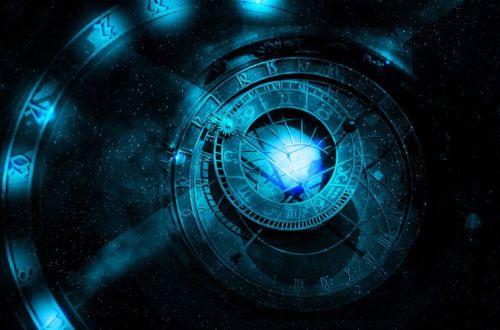
Unraveling the Mysteries of Time Travel
What if time travel is already happening, and we just don’t know it yet? This tantalizing question has captured the imagination of scientists, writers, and dreamers for decades. The allure of time travel lies in its ability to challenge our understanding of reality and push the boundaries of what we believe is possible.
Time Travel in Popular Culture
The concept of time travel has been a staple in popular culture, from the early days of H.G. Wells’ “The Time Machine” to contemporary films like “Interstellar” and the TV series “Dark.” As of 2024, the fascination with time travel is more relevant than ever, driven by groundbreaking scientific discoveries and continued public interest.
The Paradoxes of Time Travel
One of the main challenges surrounding time travel is the numerous paradoxes and scientific theories that complicate its feasibility. The most famous of these is the “grandfather paradox,” which questions what would happen if you traveled back in time and prevented your grandfather from meeting your grandmother. Would you cease to exist? This paradox highlights the complexity of altering past events and the potential consequences on the present and future.
Scientific Theories and Possibilities
Several scientific theories attempt to explain how time travel might be possible. One popular theory involves wormholes, hypothetical tunnels connecting different points in spacetime. Wormholes, also known as Einstein-Rosen bridges, could theoretically allow for instantaneous travel between distant locations or even different times. While the existence of wormholes has not been proven, they remain a captivating possibility in both science and fiction.
Time Loops and Cyclical Time
Another intriguing concept is the idea of time loops, where time is cyclical rather than linear. This theory is often explored in science fiction, such as the film “Groundhog Day” or the TV series “Russian Doll,” where characters repeatedly experience the same events. Time loops raise questions about free will and the nature of time itself, offering a unique perspective on the potential for time travel.

The Multiverse Theory
The multiverse theory suggests that multiple parallel universes exist simultaneously, each with its own version of reality. In this scenario, time travel could involve moving between different universes rather than altering events within a single timeline. This idea has been popularized in works like “Rick and Morty” and Marvel’s “Avengers: Endgame,” captivating audiences with its imaginative possibilities.
The Emerging Concept of Chronon Particles
In 2024, one of the most compelling theories related to time travel is the concept of “chronon particles.” Recent scientific studies have proposed that these hypothetical particles could govern the flow of time, much like photons govern light. While still in the early stages of research, the discovery of chronon particles has sparked significant interest and debate within the scientific community, offering a potential new avenue for understanding and possibly manipulating time.
Conclusion
As we continue to explore these mysteries, it’s essential to recognize that these theories and discoveries are still in their infancy. The allure of time travel lies in its ability to inspire curiosity and wonder, pushing us to question the nature of reality and our place within it. From wormholes and time loops to the multiverse and chronon particles, the possibilities are as vast as they are intriguing. As we unravel the secrets of time travel, we may one day find that the impossible is closer than we ever imagined.
What are your thoughts? Share your ideas in the comments below, and don’t forget to check out our other posts on related topics for more mind-bending discussions.






